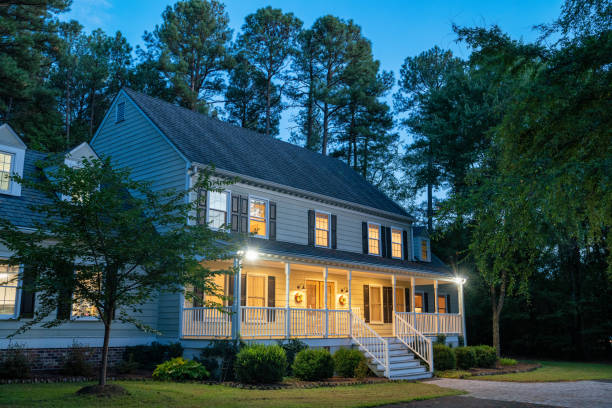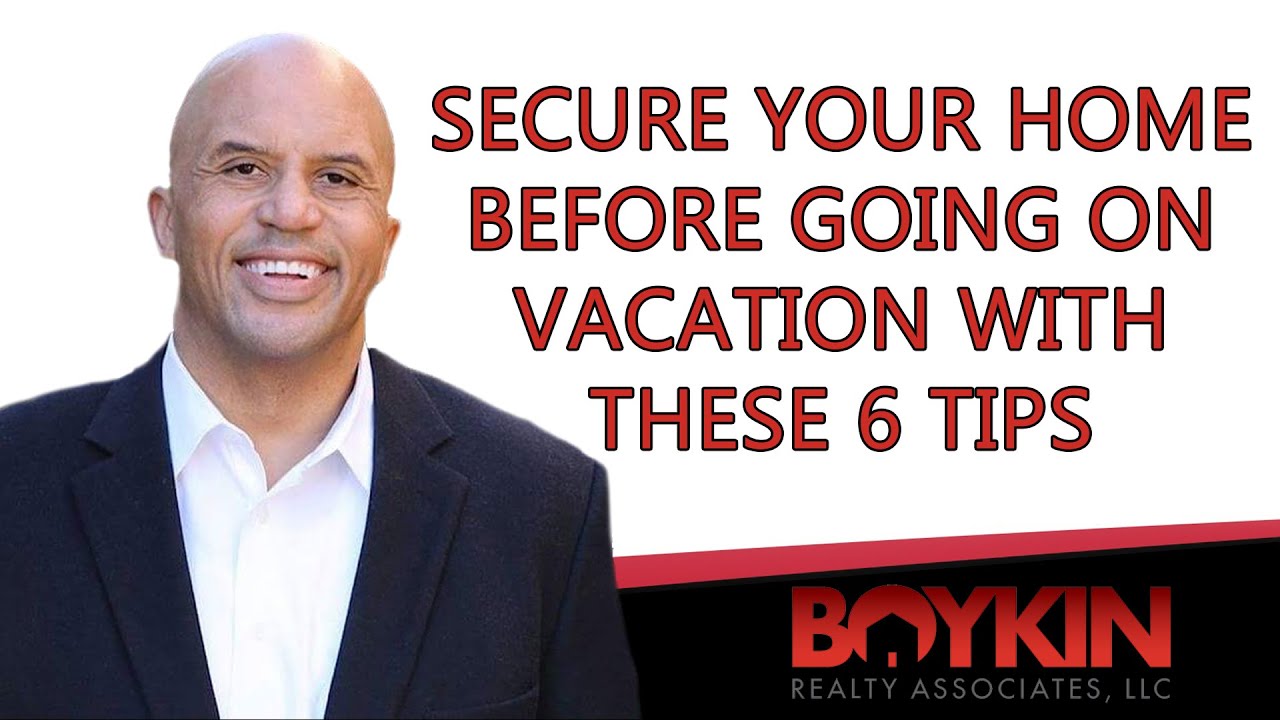10 Ways To Protect Your Home When You're On Vacation
Taking a vacation should be a time for relaxation and fun, not anxiety about what’s happening at home. Unfortunately, unoccupied homes are easy targets for burglars, vandals, and even accidental damage. Whether you're away for a weekend or a month, leaving your home unattended requires preparation and vigilance to ensure it remains safe and secure. By taking proactive steps before you leave, you can dramatically reduce the risk of theft or damage and enjoy your time away with peace of mind. In this guide, we’ll explore 10 practical and effective ways to protect your home while you're on vacation, covering everything from smart tech to neighborly support.

Secure All Entry Points
Start with the basics: check and secure every door, window, and point of entry. Even upper-story windows and sliding patio doors can be vulnerable if left unlocked or poorly secured. Reinforce entry points with deadbolts, smart locks, and window locks, and consider adding a security bar to sliding doors. Don’t forget about less obvious access points like garages, basement doors, and pet doors. Make sure your garage door opener is disabled and that any spare keys left outside (under mats or flowerpots) are brought inside. A home that’s physically secure is the first line of defense against intruders.
Install a Smart Security System
A modern home security system is one of the best investments you can make to protect your property. Smart systems often include motion detectors, surveillance cameras, door/window sensors, and remote monitoring features accessible via your smartphone. These tools provide real-time alerts if anything unusual happens while you're away. You can also set your system to notify local authorities or a security service if it detects a break-in. Some even integrate with other smart devices like lights or thermostats, giving the illusion of someone being home. Having eyes on your property at all times brings added peace of mind. Visit Also
Make It Look Like You’re Home
A key strategy to deter burglars is making your home appear lived-in. Use smart timers or apps to turn lights on and off at different times of the day. Leave curtains or blinds partially open to create the impression that someone is moving through the house. Ask a neighbor or friend to pick up mail and packages or suspend delivery services temporarily. An overflowing mailbox or pile of packages signals that no one is home. Consider asking a trusted neighbor to park in your driveway occasionally or put out your trash bins on schedule to reinforce the illusion of occupancy.
Get Help From Neighbors and Friends
A reliable neighbor can be one of your best home security assets. Let them know you’ll be away, and ask them to keep an eye on your property. Provide them with a spare key in case of emergencies, and share your contact info and itinerary so they can reach you if something comes up. You might also ask them to water your plants, bring in your garbage bins, or check your home every few days. This small act of trust and community can provide a human layer of oversight that technology can’t fully replace.
Protect Against Internal Risks
While theft is a concern, internal risks like water leaks, electrical fires, or gas issues can be equally damaging. Turn off non-essential appliances and unplug electronics to reduce fire hazards and power surges. If you're gone for an extended period, consider shutting off the main water valve to prevent potential leaks or burst pipes. Make sure your smoke detectors, carbon monoxide detectors, and sump pumps are working properly before you leave. It’s also a good idea to set your thermostat to a vacation mode—cool enough to protect your pipes in the winter or prevent overheating in summer, but energy-efficient too.
Avoid Social Media Announcements
It’s tempting to share your vacation plans or post sunny beach photos online, but doing so can inadvertently invite trouble. Publicly announcing that you're away from home is essentially telling the world—and potentially burglars—that your house is unoccupied. If you must post vacation content, wait until you return. Also, review your privacy settings to ensure only trusted friends and family can see your posts. Being mindful of your digital footprint is a small but powerful way to reduce the risk of targeted theft while you’re away.
Use Outdoor Lighting to Deter Intruders
Good exterior lighting can make your home far less appealing to intruders. Install motion-sensor lights around key areas such as entrances, driveways, and the backyard. These lights startle potential trespassers and alert neighbors to unusual activity. Solar-powered lights along pathways and porch lights on timers also help maintain the appearance of an occupied home. Well-lit exteriors not only deter crime but also reduce the risk of accidents when neighbors or friends are checking in on your property at night.
Secure Valuables and Important Documents
Before leaving, store valuable items like jewelry, electronics, passports, and sensitive documents in a secure place. A home safe, especially one that is fireproof and bolted to the floor, can provide added protection. Alternatively, consider using a safety deposit box for extremely valuable or irreplaceable items. Make a quick inventory—photos and descriptions—of high-value items in case of theft or damage. This documentation can be invaluable when filing insurance claims and ensuring you’re properly compensated if something does go wrong.
Notify Your Home Insurance Provider
It’s a good idea to inform your insurance company if you plan to be away for an extended period. Some policies have clauses related to vacant properties or require notification if you're gone for more than 30 days. Failing to comply could impact your coverage in the event of a claim. Additionally, ask about any additional protections or endorsements that can be added to your policy for peace of mind. Insurance is your safety net—make sure it’s set up properly before you leave home.
Conclusion: Travel with Confidence
A worry-free vacation starts with smart planning and proactive home protection. By taking the right steps—securing your home, enlisting help, using technology, and avoiding digital oversharing—you can reduce the risks of theft, damage, and surprise emergencies while you're away. Travel should be about making memories, not second-guessing what’s happening at home. With these 10 practical strategies, you’ll not only protect your property but gain the peace of mind to fully enjoy your time away. Safe travels!

